Career Week
You’ll start the second year with an intensive, interactive career preparation week. It prepares you for your work placement, through preparing your CV and cover letters, developing personal branding on professional social networks, networking and interview preparation.
Fashion in Motion
You’ll apply your understanding of, and creative responses to, the requirements of the fashion industry in moving image, whether it’s a film, animation or capturing a performance. After defining and analysing a client of your choice, you’ll create a short creative film for that client, bearing in mind style, narrative and technique and ensuring the highest of industry standards.
Equality, Diversity and Inclusivity 2
Across four bite-sized projects, you’ll analyse, contextualise and reflect on a specific fashion market (for example; size, wealth bracket, age, gender, race, dis/ability, culture, sub-culture) to produce communication documents as if commissioned by a brand of your choice. Using your research, you’ll unpick the marketplace needs through lenses of historical context (time), global culture (place), marketplace trends, expectations and needs, and tone and message.
Dragon’s Den
Have you ever watched Dragon’s Den on the BBC? Have you ever dreamed of being one of the contestants? Have you got a business idea? Now is your chance to become the next big fashion and textiles entrepreneur. You’ll work in multi-disciplinary teams to prepare a short business plan, a prototype and pitch their ideas to a panel of industry judges.
Digital Content Creation
You’ll build on contextualising your own practice in industry. Your research, analysis and deep understanding of your own practice and current industry needs will inform your exploration and experimentation in applying your skills in communication and storytelling.
You will investigate, propose and create a multifaceted digital content campaign that will promote a brand, product or service across a number of media platforms with a consistent message and tone appropriate to your ‘client’. You’ll complete a digital media campaign, and put together an academic proposal, which will inform and enhance your final year projects.
Portfolio and Personal Development
As we approach the end of your second academic year, you will curate and build a Year 2 digital portfolio. The portfolio will allow you to reflect, review, update and present all your unit outcomes in one place to demonstrate your knowledge/understanding, technical and professional skills as a fashion image and styling practitioner. This is your next step in placing your own practice in an industry context.
Placement
You will undertake and reflect upon work-based learning while on placement (and/or through self-managed ‘freelance’ or competition projects), lasting a minimum of three weeks. This will enable you to observe and understand the workings of a range of industry practices, gaining a valuable insight into your chosen field through your own experiences, your studies, and by learning from the experiences of your peers.
ATOM Activities
ATOM activities are small pieces of individual learning that facilitate interdisciplinary exposure across UCA, and offer a flexible, impactful learning experience. They expand your creative horizon by accessing learning topics that would not otherwise be scheduled on your course specific timetable.
You also choose one elective unit from the list below:
Elective - Business Start-up
In this unit, you will identify, develop and present a design, product, service or mini collection using your previous unit outcomes as a starting point for your start up idea/ proof of concept. You’ll be required to research market trends, explore cultural, ethical and sustainable considerations, and look your idea’s brand identity and promotional plans. You’ll also be required to work out a specification sheet and budget plan.
Elective - Product Styling and e-Commerce
In the fast-paced world of e-commerce, product imagery and styling are a crucial tool in driving sales. In this short-sharp portfolio-enhancing unit, you’ll produce a range of e-commerce shots and accompanying documentation (style numbers, materials, etc) for a specified brand and product of your choice.
Elective - Digital Fashion
The creation of virtual worlds in fashion is becoming more and more popular. In this unit you’ll stretch your own understanding of your practical skills through the digital enhancement of images of the face through creation of avatars, from designing the skin to impressions of facial accessories.
Elective - Global Fashion Cultures
You’ll be introduced to the landscape of current academic research in Global Fashion Cultures and explore the ways in which fashion exerts behavioural, economic, environmental, political and social change in different geographical historical and contemporary contexts.
Elective - Fashion Film
Taking the technical and conceptual understanding you’ve developed, you’ll have the chance to work collaboratively on a resolved Fashion Film. A fast-paced unit, this brings together multiple skill sets in a controlled environment and perfectly reflects the commercial environment that you may be working in after graduation.
Elective - Design for Print
Many of our best-known designers have been inspired by examples of historical textiles. In this unit, we will introduce you to historical examples of prints and heritage textile objects from around the world, from our very own International Textile Study Collection, and learn about the current trends and colour forecasts in textiles/print.
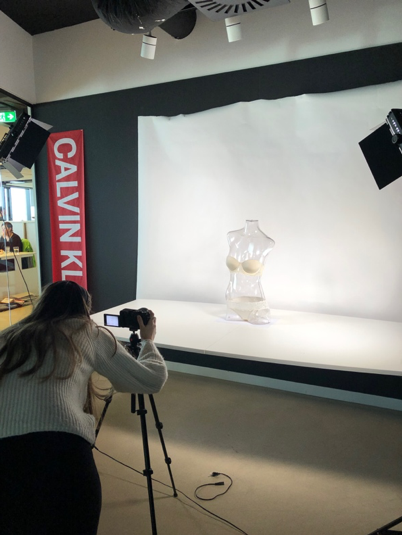

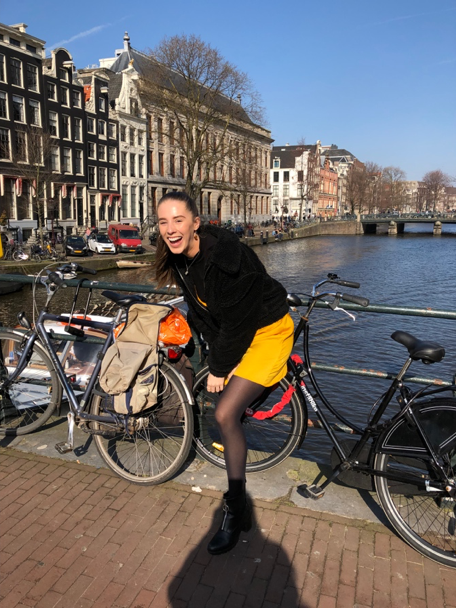
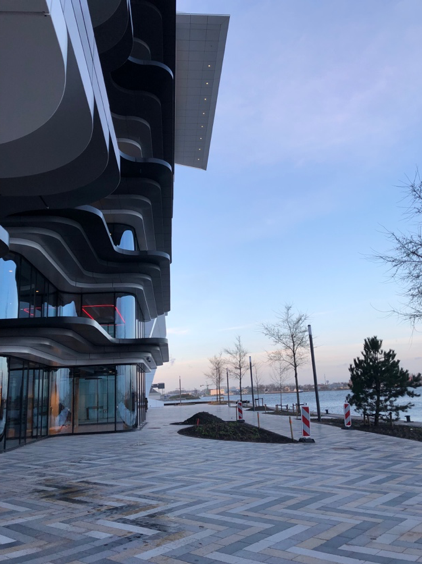
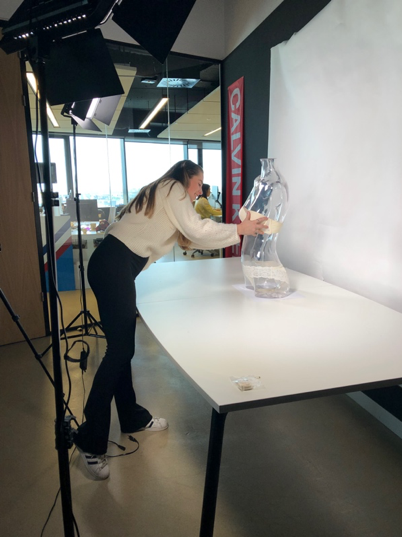
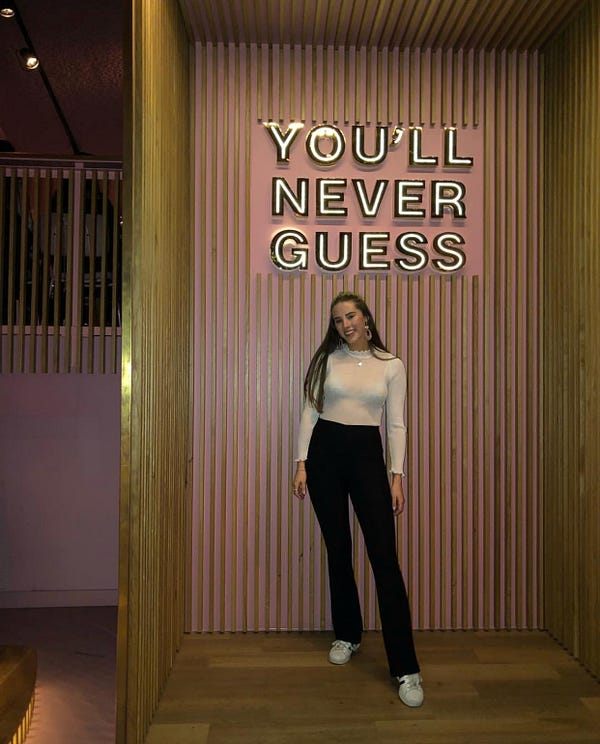
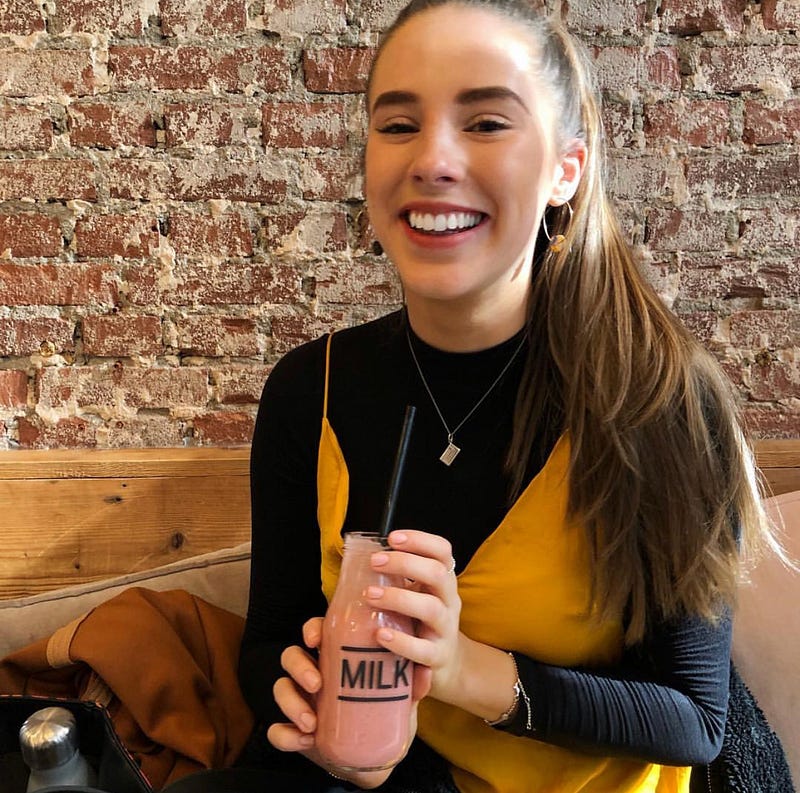



/prod01/channel_8/media/marketing-media/videos/alumni-story-Stella-McCartney.jpg)
/prod01/channel_8/media/marketing-media/student-work/undergrad-courses/fashion-image-amp-styling/2024/Mollie-Jeffery_-BA-_Hons_-Fashion-Image-_-Styling.jpg)
/prod01/channel_8/media/marketing-media/student-work/undergrad-courses/fashion-image-amp-styling/2024/Erin-Brett---Fashion-Textiles-5---BA-Hons-Fashion-Image-Styling.jpg)
/prod01/channel_8/media/marketing-media/student-work/undergrad-courses/fashion-image-amp-styling/2024/Muna-Mohamud_-BA-_Hons_-Fashion-Image-_-Styling.jpg)
/prod01/channel_8/media/marketing-media/student-work/undergrad-courses/fashion-image-amp-styling/2024/Imogen-Prior_-BA-_Hons_-Fashion-Image-_-Styling_-UCA-Epsom_200624-P.jpg)
/prod01/channel_8/media/marketing-media/student-work/undergrad-courses/fashion-image-amp-styling/2024/Seyon-Amosu_-BA-_Hons_-Fashion-Image-_-Styling_2023.jpg)
/prod01/channel_8/media/marketing-media/student-work/undergrad-courses/fashion-image-amp-styling/2024/Jennifer-Broderick_-BA-_Hons_-Fashion-Image-_-Styling.jpg)
/prod01/channel_8/media/marketing-media/student-work/undergrad-courses/fashion-media-amp-promotion-rochester/2023/Jana-Ogorodnik_-BA-_Hons_-Fashion-Media-_-Promotion_-UCA-Rochester_425-0623-P-1.jpg)
/prod01/channel_8/media/marketing-media/student-work/undergrad-courses/fashion-media-amp-promotion-rochester/2022/Thekla-Ioakeim_-BA-_Hons_-Fashion-Media-_-Promotion_-UCA-Rochester_2022_1.jpg)
/prod01/channel_8/media/marketing-media/student-work/undergrad-courses/fashion-media-amp-promotion-rochester/2022/Martyna-Adrianowicz_-BA-_Hons_-Fashion-Media-_-Promotion_-UCA-Rochester_2022_1.jpg)
/prod01/channel_8/media/marketing-media/student-work/undergrad-courses/fashion-media-amp-promotion-rochester/2022/Gemma-Baker_-BA-_Hons_-Fashion-Media-_-Promotion_-UCA-Rochester_2022_1.jpg)
/prod01/channel_8/media/marketing-media/student-work/undergrad-courses/fashion-media-amp-promotion-rochester/2023/Lishan-Kang_-BA-_Hons_-Fashion-Media-_-Promotion_-UCA-Rochester_425-0623-P-1.jpg)
/prod01/channel_8/media/marketing-media/student-work/undergrad-courses/fashion-media-amp-promotion-rochester/2023/Molly-Lawson_-BA-_Hons_-Fashion-Media-_-Promotion_-UCA-Rochester_3.jpg)
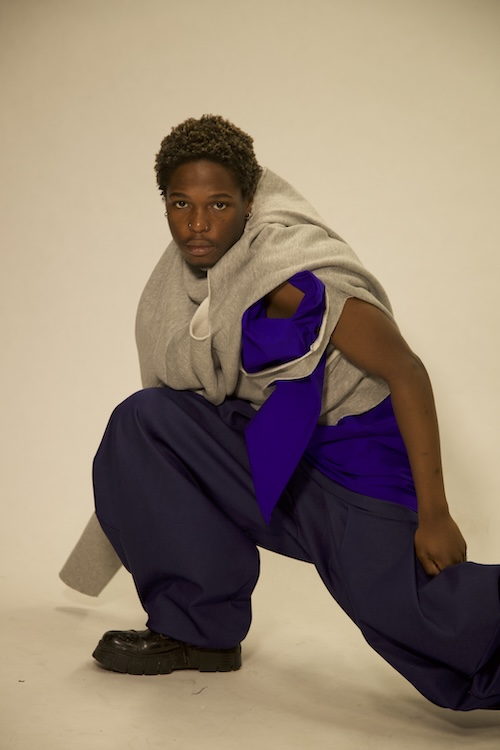

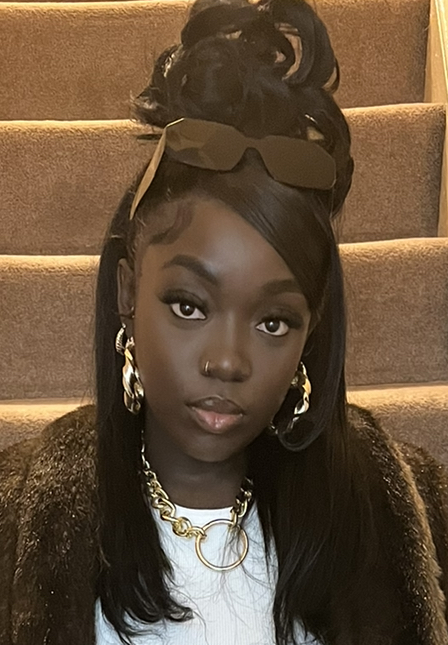
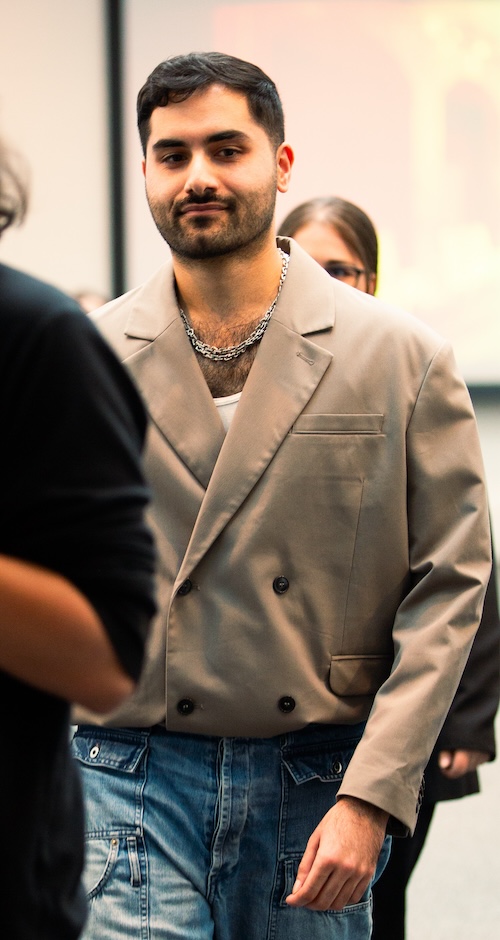
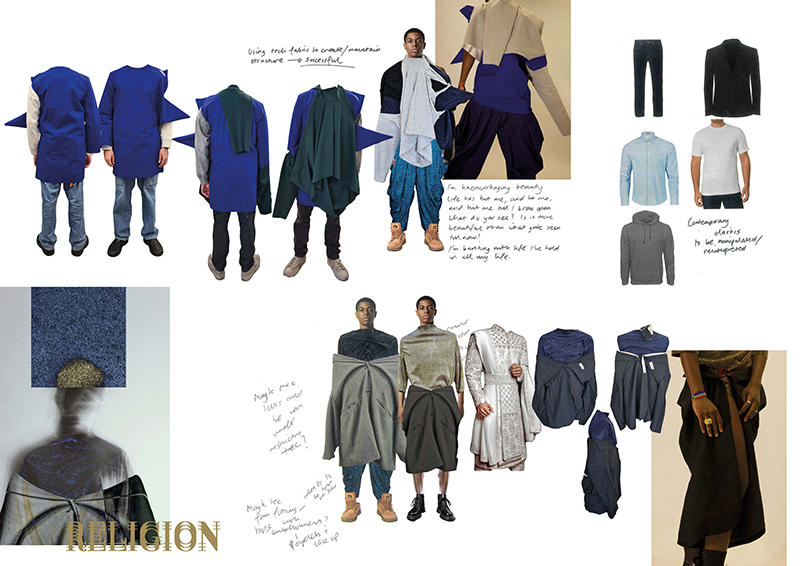
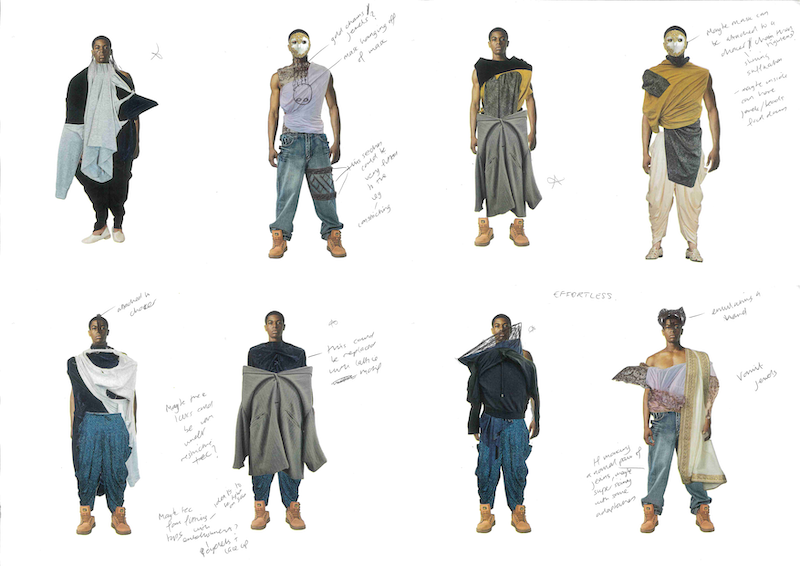
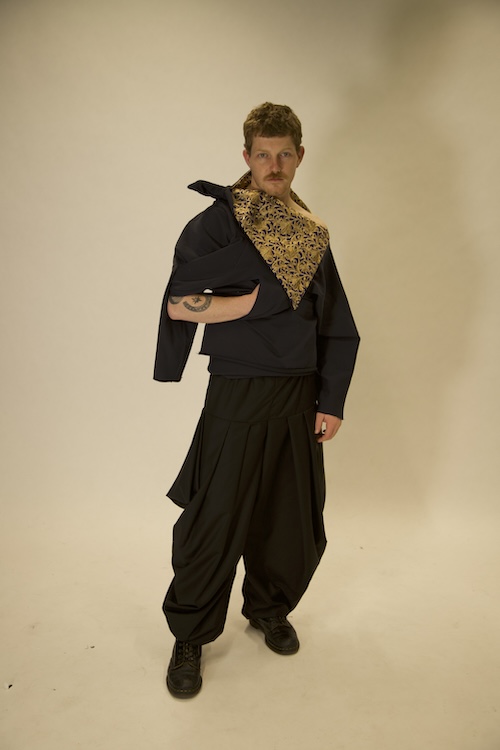
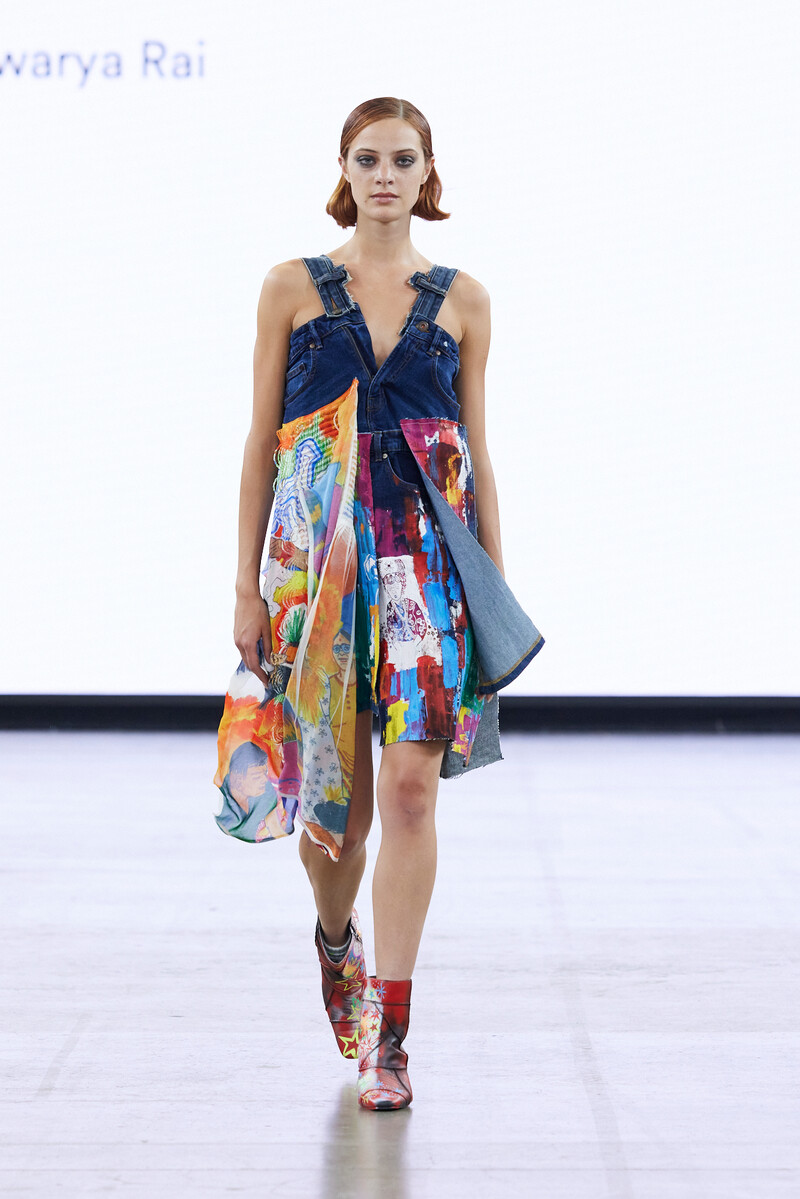
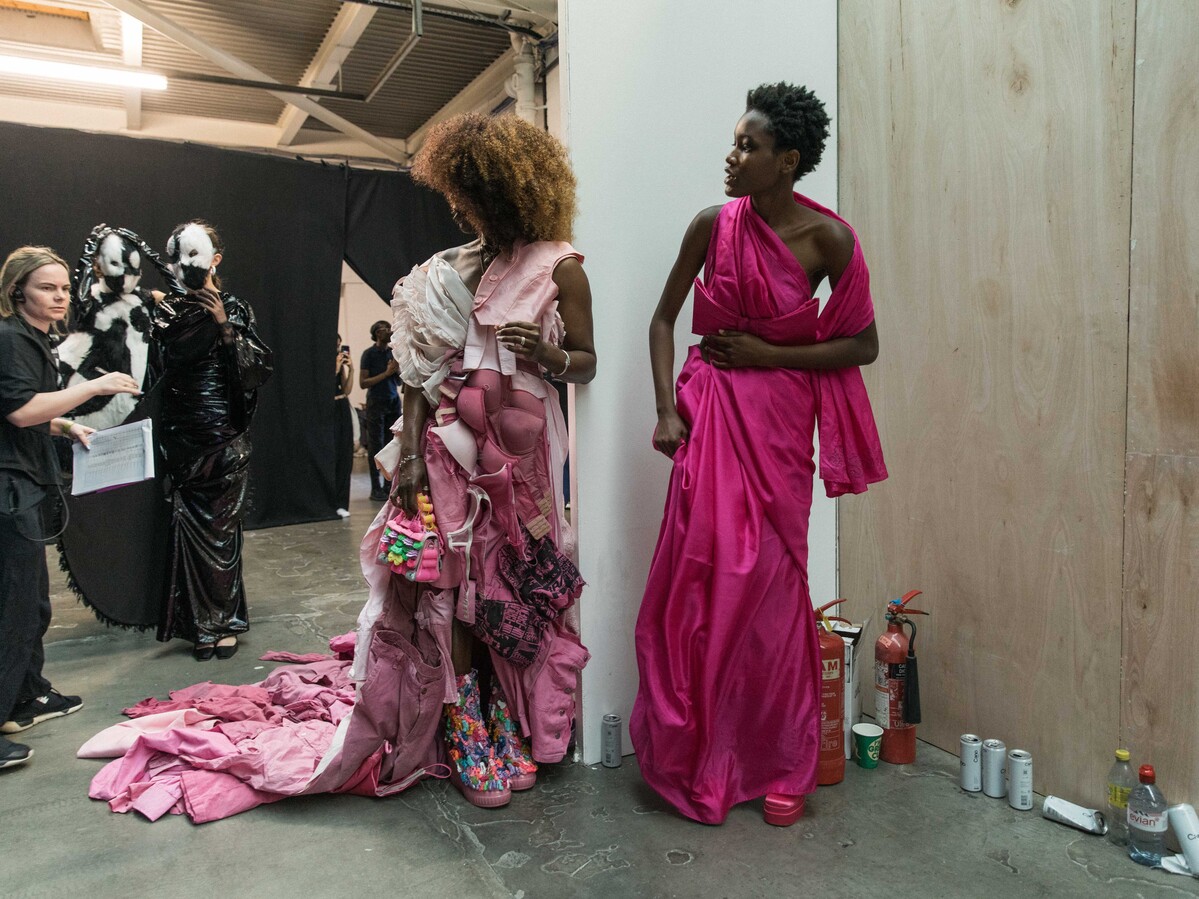
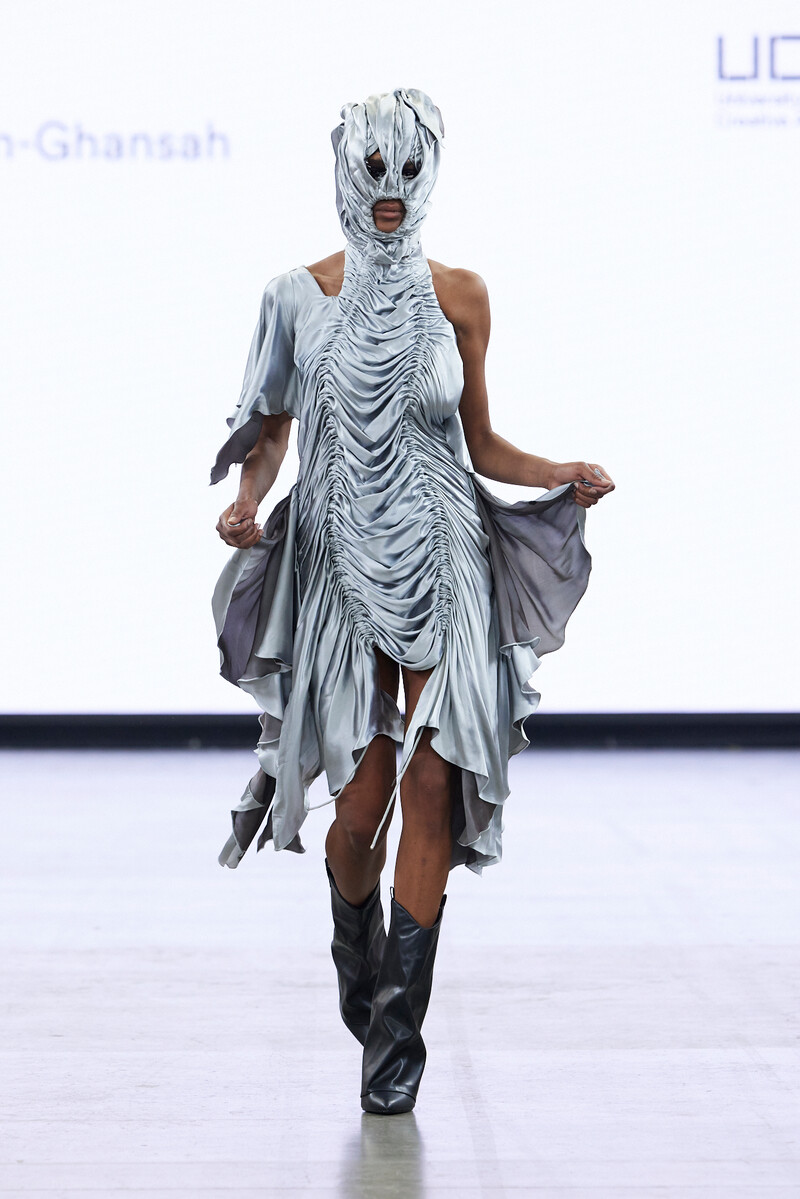

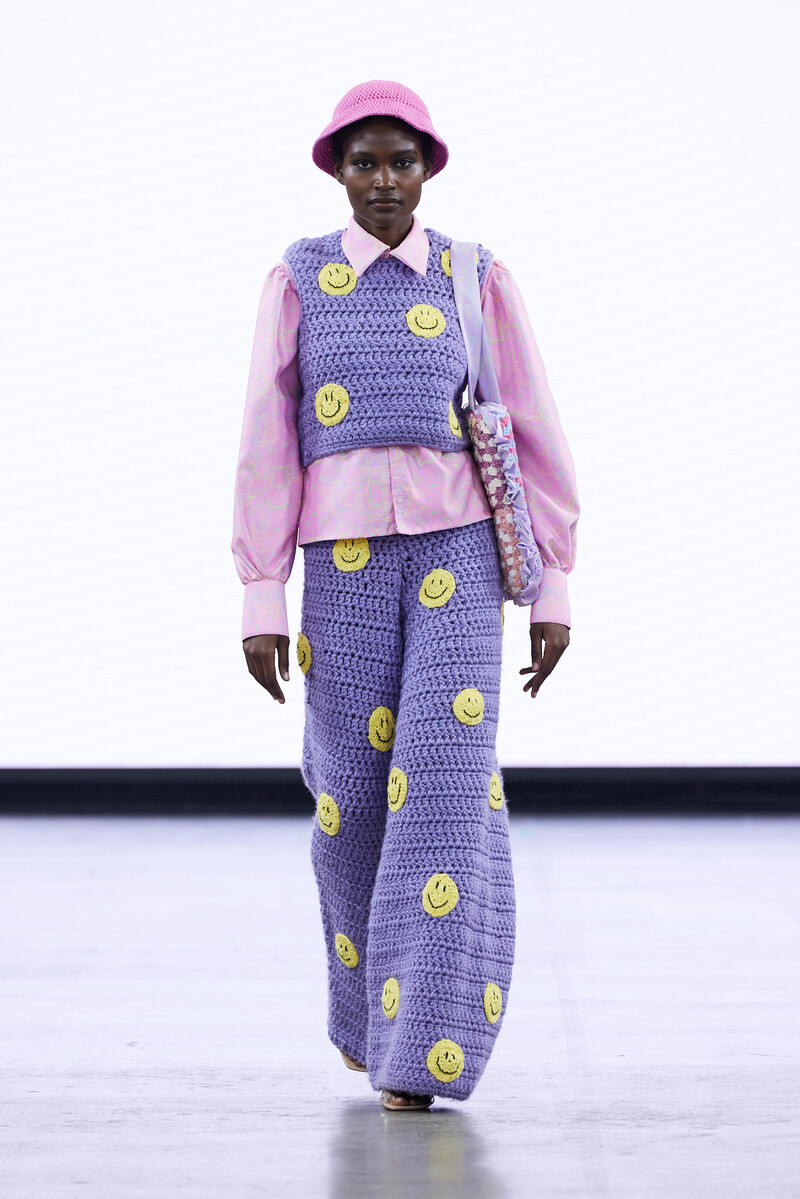



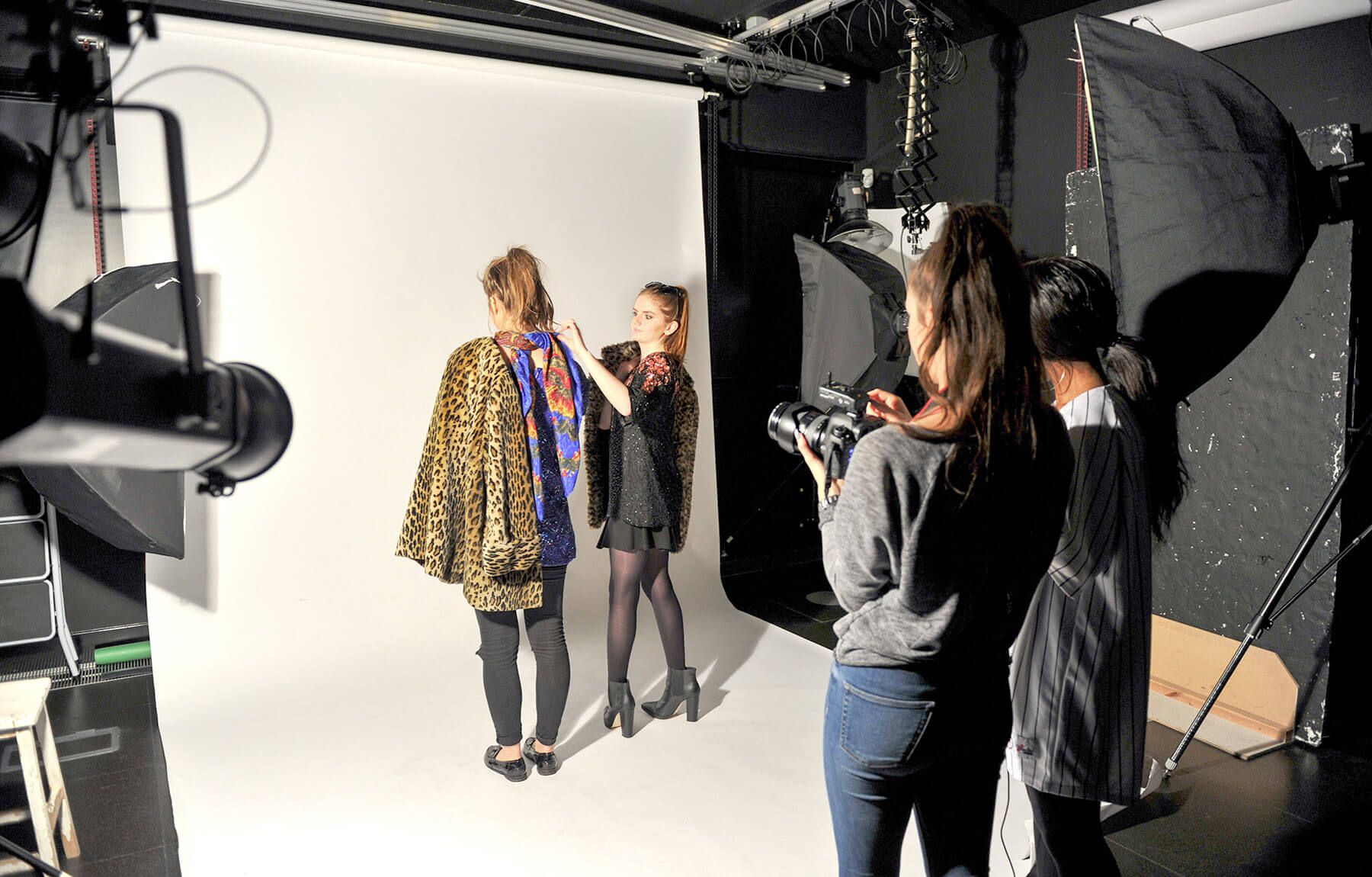
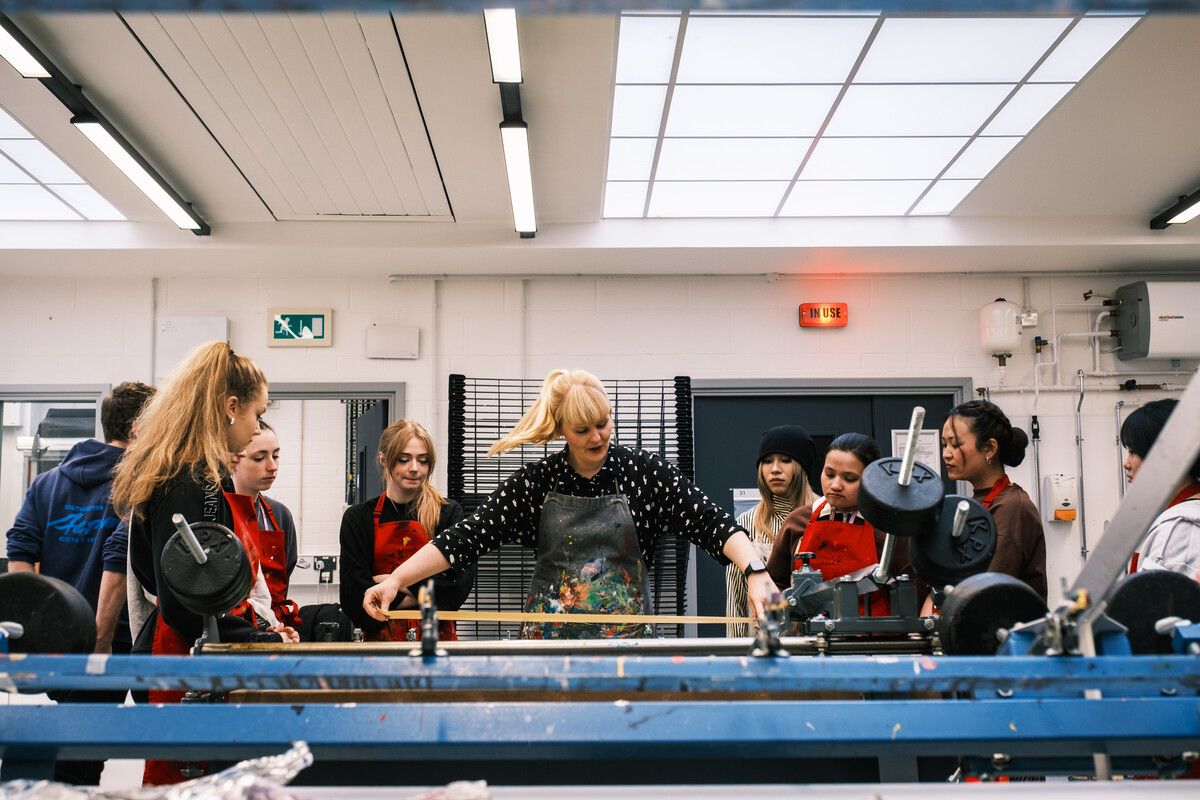
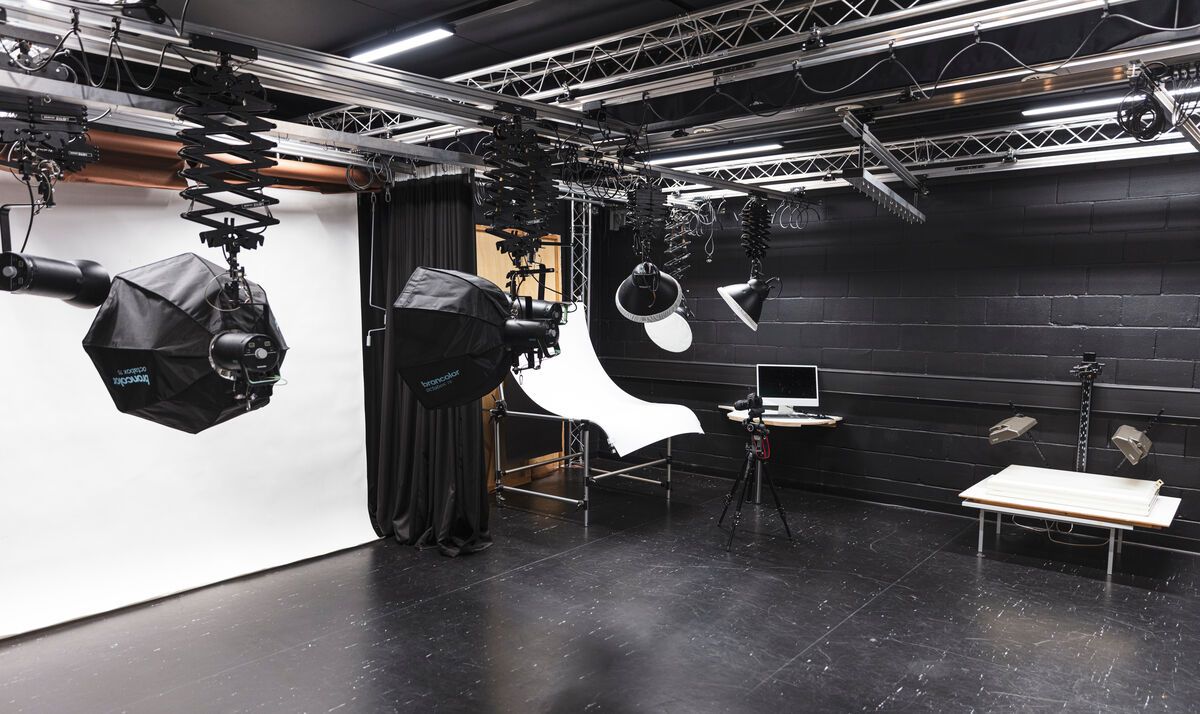
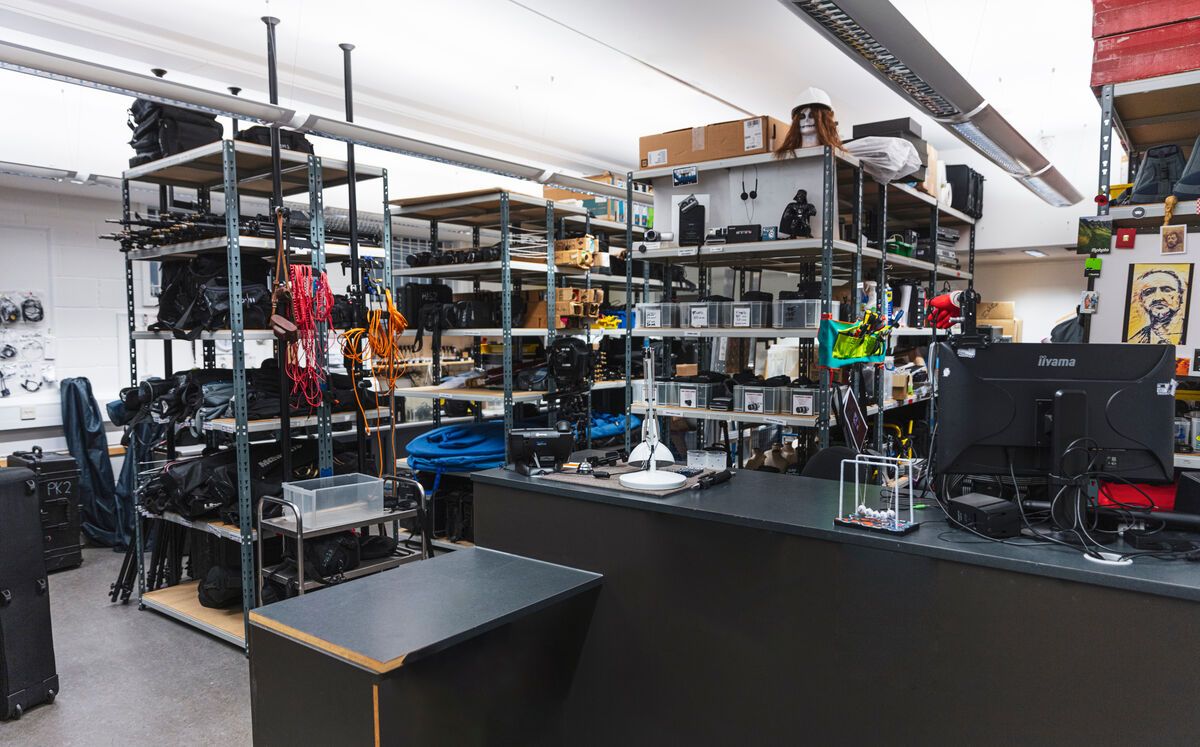
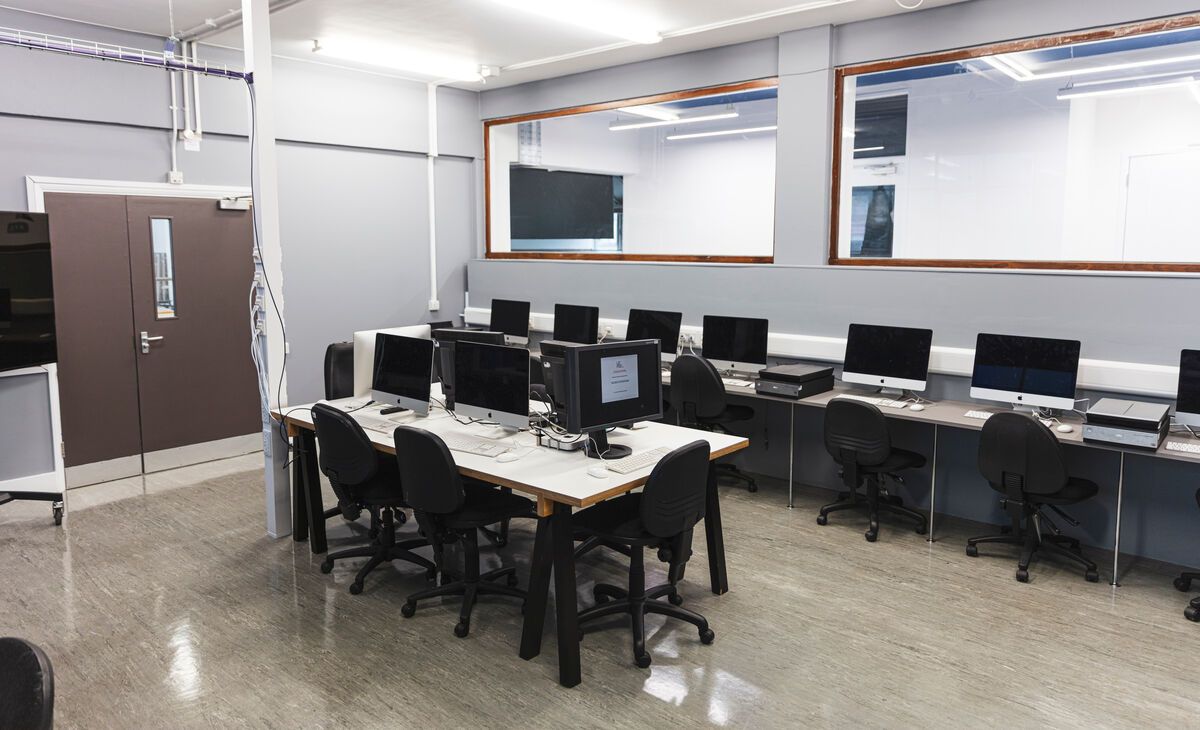
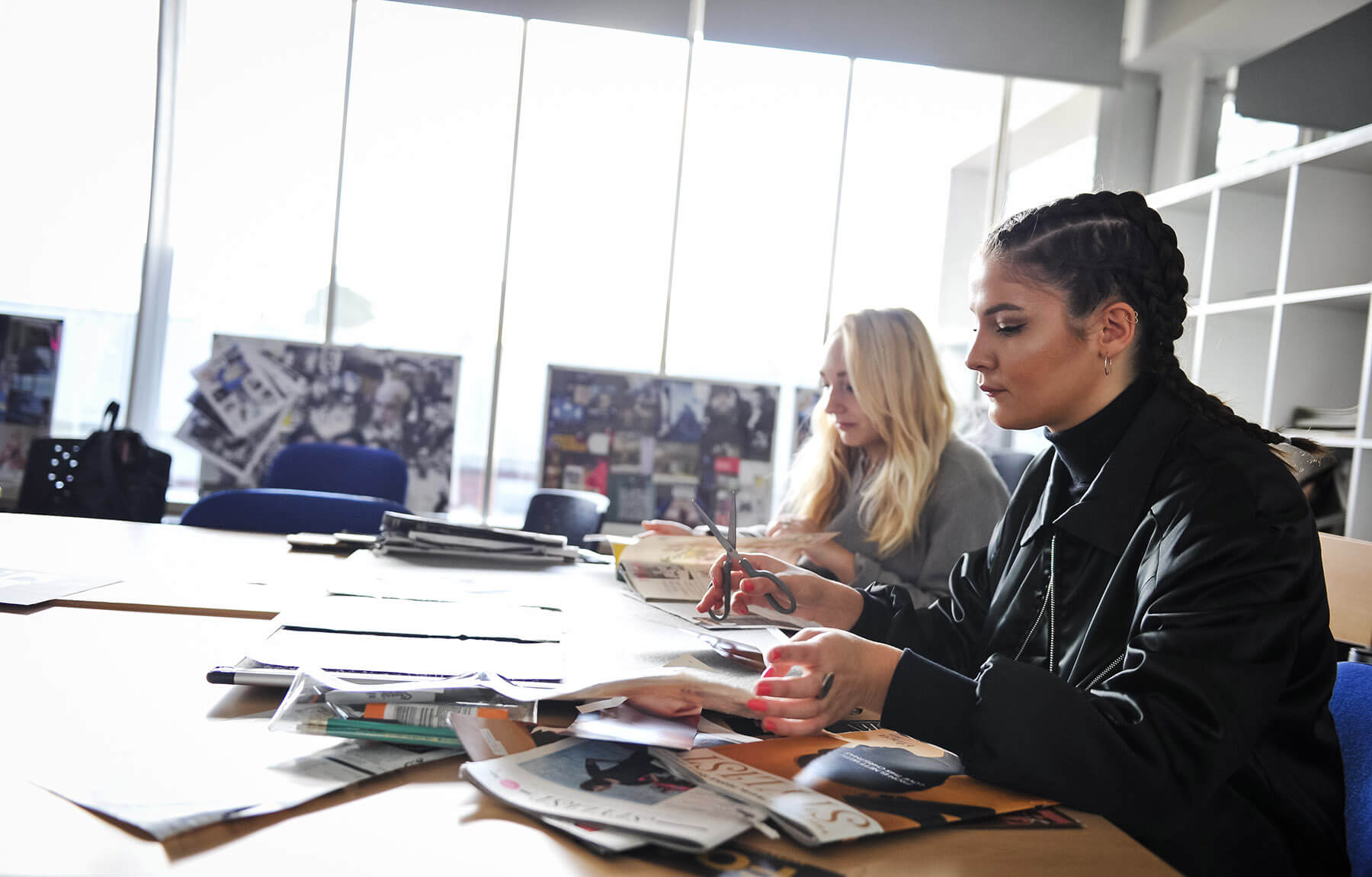
/prod01/channel_8/media/technical-services/staff-profile-images/MichelleMarshall_BW_.jpg)
/prod01/channel_8/media/research-and-enterprise/staff-profiles/Martin-Sparkes.jpg)
/prod01/channel_8/media/marketing-media/staff-profile-pics/thomas-betts.jpg)
/prod01/channel_8/media/marketing-media/quote-imagery/CURRENT---Charlotte-Spencer.png)
/prod01/channel_8/media/marketing-media/student-work/undergrad-courses/fashion-atelier-/2024/Tess-Grant_-BA-_Hons_-Fashion-Atelier_-UCA-Rochester-_-Epsom.jpg)
/prod01/channel_8/media/marketing-media/student-work/undergrad-courses/fashion-branding-amp-communication/2024/Rory-Braken_-BA-_Hons_-Fashion-Branding-_-Communication_-UCA-Epsom.jpg)
/prod01/channel_8/media/marketing-media/student-work/undergrad-courses/fashion-management-amp-marketing-epsom/2021/Shelby-Black,-BA-(Hons)-Fashion-Business-&-Management,-UCA-Epsom_2021-1.jpg)
/prod01/channel_8/media/marketing-media/student-work/undergrad-courses/fashion-epsom-/2024/Jodie-Tompsett_-BA-_Hons_-Fashion_-UCA-Epsom.jpeg)
/prod01/channel_8/media/marketing-media/student-work/undergrad-courses/fashion-image-amp-styling/2024/Erin-Brett_-BA-_Hons_-Fashion-Image-_-Styling.jpg)
/prod01/channel_8/media/marketing-media/student-work/undergrad-courses/fashion-photography/2023/Izzy-Cousins_-BA-_Hons_-Fashion-Photography_-UCA-Epsom-_portrait.jpg)
/prod01/channel_8/media/marketing-media/student-work/undergrad-courses/make-up-amp-hair-design/2023/Callie-Foulsham_-BA-_Hons_-Make-Up-_-Hair-Design_-UCA-Rochester_2.jpg)
/prod01/channel_8/media/marketing-media/student-work/undergrad-courses/studio-practice-fashion-design/2024/Tonni-Kye---Fashion-Textiles-1---BA-Hons-Studio-Practice-Fashion-Design-.jpg)
/prod01/channel_8/media/marketing-media/student-work/undergrad-courses/fashion-image-amp-styling/2024/Erin-Brett---Fashion-Textiles---BA-Hons-Fashion-Image-Styling.jpg)
/prod01/channel_8/media/marketing-media/student-work/undergrad-courses/make-up-amp-hair-design/georgia-dyer-ba-make-up-&-hair-design-2022.jpg)
/prod01/channel_8/media/marketing-media/student-work/undergrad-courses/textiles/2021/Naddy-Mizan,-BA-Textiles_6.jpg)
/prod01/channel_8/media/marketing-media/student-work/undergrad-courses/fashion-image-amp-styling/2024/Mollie-Jeffery_-BA-_Hons_-Fashion-Image-_-Styling.jpg)
/prod01/channel_8/media/marketing-media/student-work/undergrad-courses/fashion-image-amp-styling/2024/Erin-Brett---Fashion-Textiles-5---BA-Hons-Fashion-Image-Styling.jpg)
/prod01/channel_8/media/marketing-media/student-work/undergrad-courses/fashion-image-amp-styling/2024/Muna-Mohamud_-BA-_Hons_-Fashion-Image-_-Styling.jpg)
/prod01/channel_8/media/marketing-media/student-work/undergrad-courses/fashion-image-amp-styling/2024/Imogen-Prior_-BA-_Hons_-Fashion-Image-_-Styling_-UCA-Epsom_200624-P.jpg)
/prod01/channel_8/media/marketing-media/student-work/undergrad-courses/fashion-image-amp-styling/2024/Seyon-Amosu_-BA-_Hons_-Fashion-Image-_-Styling_2023.jpg)
/prod01/channel_8/media/marketing-media/student-work/undergrad-courses/fashion-image-amp-styling/2024/Jennifer-Broderick_-BA-_Hons_-Fashion-Image-_-Styling.jpg)
/prod01/channel_8/media/marketing-media/student-work/undergrad-courses/fashion-media-amp-promotion-rochester/2023/Jana-Ogorodnik_-BA-_Hons_-Fashion-Media-_-Promotion_-UCA-Rochester_425-0623-P-1.jpg)
/prod01/channel_8/media/marketing-media/student-work/undergrad-courses/fashion-media-amp-promotion-rochester/2022/Thekla-Ioakeim_-BA-_Hons_-Fashion-Media-_-Promotion_-UCA-Rochester_2022_1.jpg)
/prod01/channel_8/media/marketing-media/student-work/undergrad-courses/fashion-media-amp-promotion-rochester/2022/Martyna-Adrianowicz_-BA-_Hons_-Fashion-Media-_-Promotion_-UCA-Rochester_2022_1.jpg)
/prod01/channel_8/media/marketing-media/student-work/undergrad-courses/fashion-media-amp-promotion-rochester/2022/Gemma-Baker_-BA-_Hons_-Fashion-Media-_-Promotion_-UCA-Rochester_2022_1.jpg)
/prod01/channel_8/media/marketing-media/student-work/undergrad-courses/fashion-media-amp-promotion-rochester/2023/Lishan-Kang_-BA-_Hons_-Fashion-Media-_-Promotion_-UCA-Rochester_425-0623-P-1.jpg)
/prod01/channel_8/media/marketing-media/student-work/undergrad-courses/fashion-media-amp-promotion-rochester/2023/Molly-Lawson_-BA-_Hons_-Fashion-Media-_-Promotion_-UCA-Rochester_3.jpg)